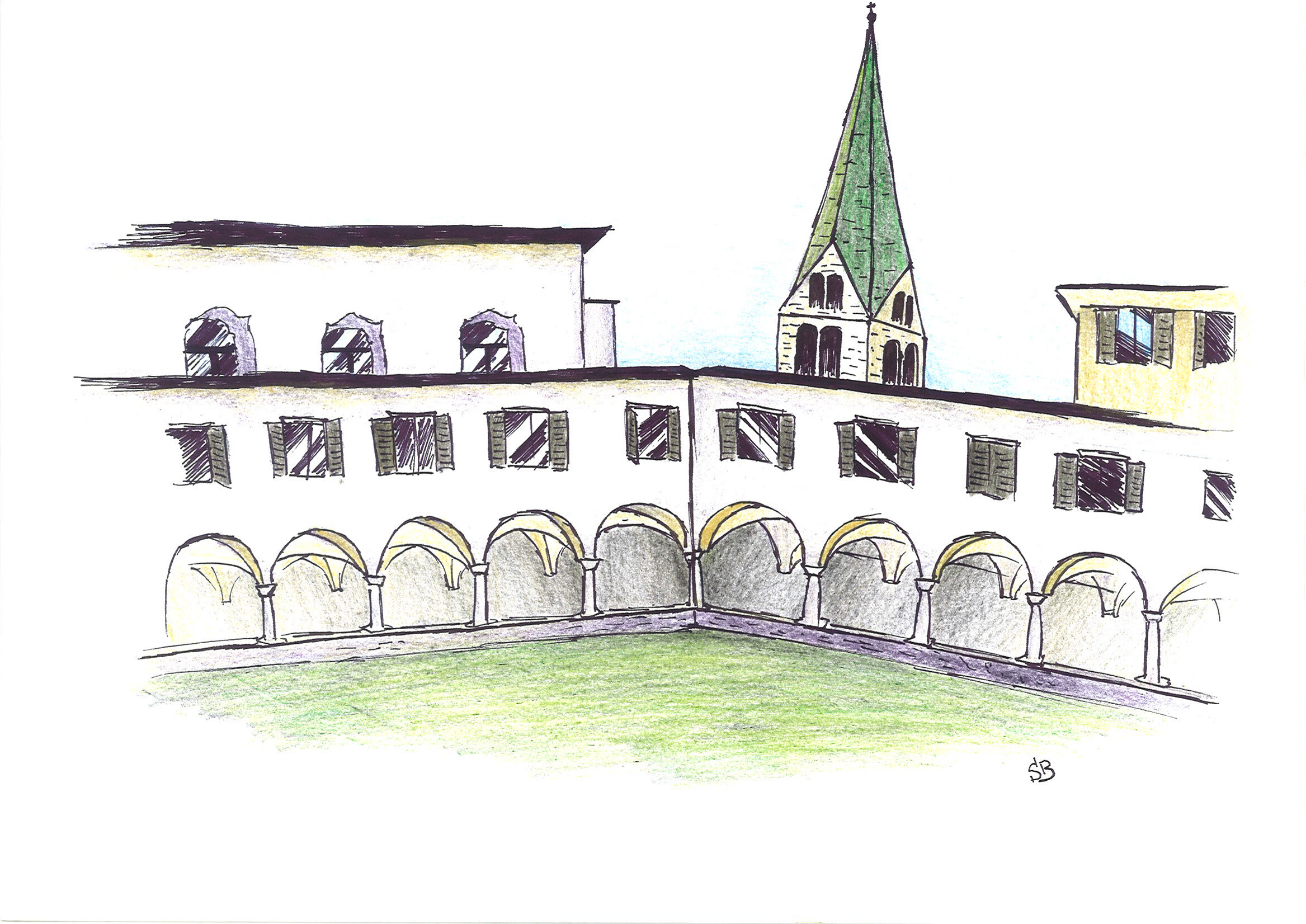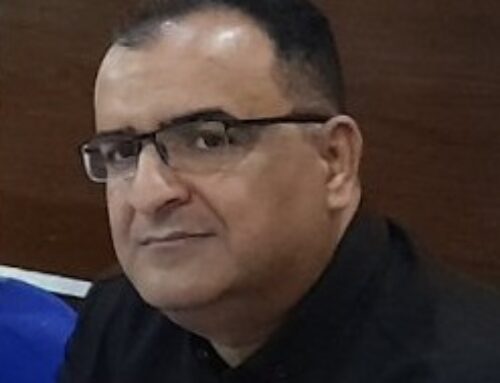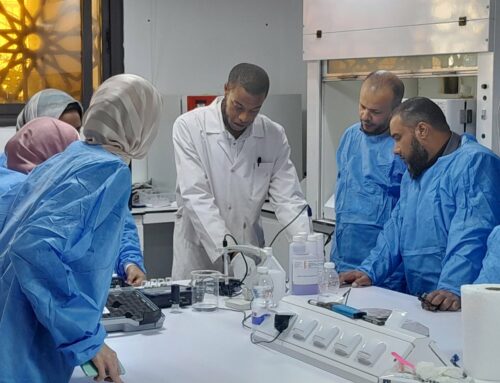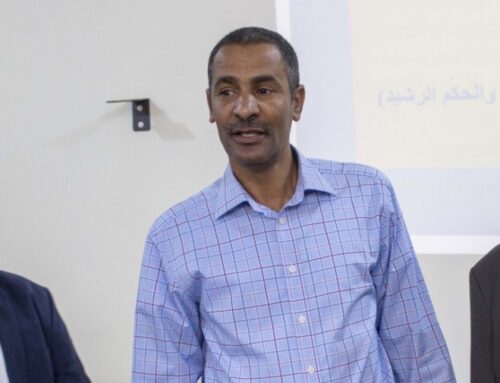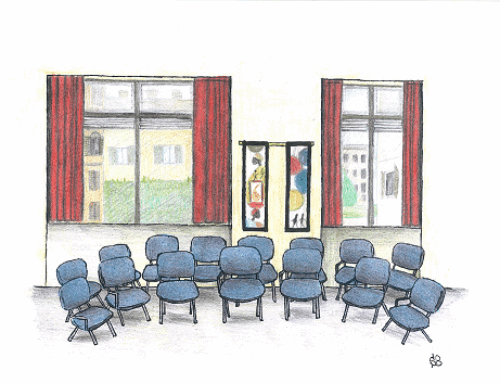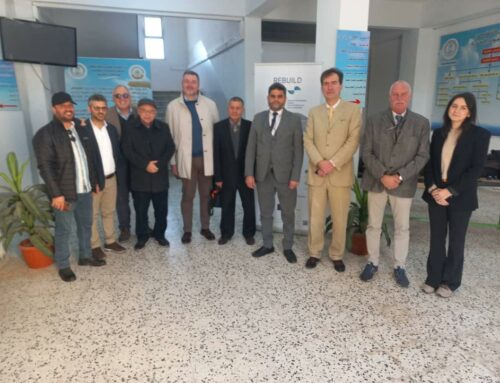Andrea Anselmi, International Cooperation Centre
Senior training and facilitation officer – REBUILD project
The training proposed by the Centre for International Cooperation aims to promote a way of thinking capable of structuring interdependencies and of overcoming particular visions. It targets capacity building activities, thus training human capital that moves with sensitivity and discernment in local, national and international relations between actors and territories.
Our pedagogy is based on the participants’ experiences, which allows each participant to anchor her or his learning process in a practical framework and to analyse his or her previous (and future) ways of doing. Training is an exercise on representations and connections: the method is induction and not deduction. Reference is made to the knowledge acquired through experience to move towards generalisation; at the centre there is the person in a learning process and trainers negotiate objectives, contents, and methods. Within this perspective, the personal and professional background of each participant will be at the core of the activity of capacity building. Thus, this approach serves the objective of adapting the training to the local context taking into account differences and specificities.
The experiential learning approach is combined, in our perspective, with the idea of continuous learning which means acquiring new skills and knowledge on a daily basis. This can occur through self-initiative or through formal and informal courses. During the last years we carried out mainly informal training and, recently, we specialized in blended trainings (online and in-presence). The blended approach enables to reach out a significant number of people and allows professionals to have access to training materials (videos, readings, exercises) at any time according to their schedule while through an elearning platform. On the other the participants can accumulate materials, information, experiences and, then, effectively build up skills and knowledge during the in-presence sessions.
The contents focus on the meaning of action, in addition to the methods and tools of development. REBUILD intends to train professionals, within the Universities and the Municipalities in Libya, capable of innovating, adapting, and putting development methods into a perspective (when necessary) in order to move towards and implement positive social change within their living and professional environment.
—
Read the other articles of the first newsletter:
1. Activate change to address local needs – Mattia Gottardi, Councilor responsible for Local authorities and relations with the Province Council, Autonomous Province of Trento
2. Better services to the people for stability, peace and prosperity in Libya – Sandra Goffin, Head of Cooperation, Delegation of the European Union to Libya
3. Building capacities of the employees of all Libyan municipalities – Tamim Al Na’as, Deputy Secretary General, Supreme Council of Local Administration – Libya
4. Friuli Venezia Giulia region in the “REBUILD” project – Presidency of the Friuli Venezia Giulia Region, General direction, International Relations and European Programming Service

